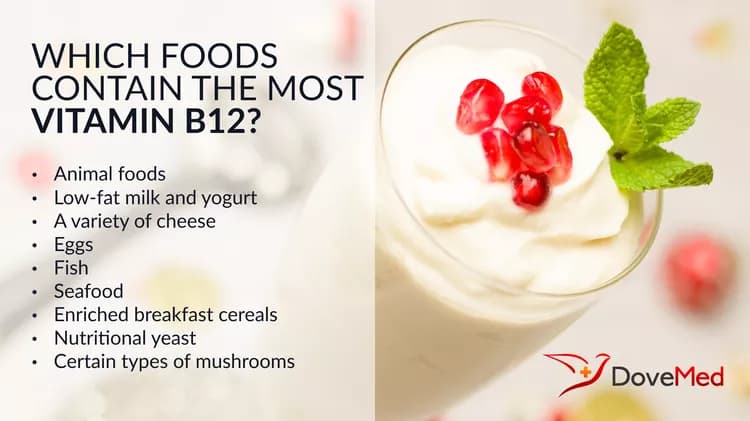The vitamin B-complex constitutes a set of 8 water-soluble vitamins that are essential to the human body for various metabolic functions, specifically cell metabolism. Each member of the vitamin B complex is denoted by a unique number and name. Vitamin B2 is known as riboflavin and is an important component in energy metabolism and energy production.
The nutrient also offers antioxidant protection, helps promote iron absorption in the body, maintains the level of amino acid homocysteine in blood, and promotes healthy skin and hair growth. Research studies have shown that vitamin B2 can help prevent migraine headaches. Vitamin B2 is used to treat a serious blood condition, known as lactic acidosis, caused by elevated levels of lactate in blood. In some cases, a body imbalance (decrease) of the vitamin may result in anemia, hypertension, cataract, congestive heart failure, increased risk for other heart disease, and even Parkinson’s disease.
The small intestine absorbs most of the vitamin B2 in the body; the liver, heart, and kidneys store smaller quantities of the vitamin. Any excess amount of the nutrient in the body is excreted via urine, giving urine a bright yellow coloration. Very infrequently, in the presence of chromium, increased amounts of vitamin B2 may cause DNA breakdown.
Vitamin B2 deficiencies are rarely encountered, but may be sometimes observed in adolescent children who dislike fruits and vegetables and consume less-to-no milk and other dairy products. Deficiencies are also noted in some patients who are on active cancer or AIDS medication therapy and with chronic alcoholism. Newborns on long-term phototherapy for physiologic jaundice are at risk for riboflavin deficiency, since exposure of the body to ultraviolet light can cause the vitamin to denature and become inactive. Rarely, pregnant and breastfeeding mothers are reported to have deficient vitamin B2 levels, especially in developing countries.
There is a wide range of foods that are sufficient natural sources of vitamin B2. Conventional cooking and refrigeration is not known to severely affect the vitamin, but exposure to sunlight may destroy it (via transparent packaging). Following is a list of foods that are high in vitamin B2 or riboflavin:
- Beef liver, lamb, and turkey
- Nuts such as almonds
- Natural yogurt, cow’s milk, cheese, etc.
- Eggs
- Fish that include mackerel, salmon, tuna, cod, sardines, etc.
- Leafy green vegetables such as spinach, asparagus, broccoli, cabbage, Bok Choy, kale, lettuce, cauliflower, and turnip greens
- Whole grain bread and fortified breakfast cereals
- Legumes such as lentils
- Certain types of mushrooms
- Soybeans
- Kidney beans
- Quinoa
- Tomatoes (sun-dried)
- Yeast
The Food and Nutrition Board at the National Academy of Sciences outlines the following recommendations for vitamin B2 intake. The recommended dietary allowances (RDA), or the average daily intake, to meet the body’s nutritional needs are as follows:
- Children:
- 6 months and younger - 0.3 milligrams/day
- Between 7-12 months - 0.4 milligrams/day
- 12 months to 3 years - 0.5 milligrams/day
- From 4 to 8 years - 0.6 milligrams/day
- From 9 to 13 years - 0.9 milligrams/day
- Adolescents and adults:
- Between 14-18 years - 1.3 and 1.0 milligrams/day for males and females respectively
- Over 19 years - 1.3 and 1.1 milligrams/day for males and females respectively
- Pregnant women and breastfeeding mothers - 1.4 and 1.6 milligrams/day respectively
It is evident from the list of various natural food sources of vitamin B2 that incorporating them into one’s daily diet is simple and beneficial. However, it is always recommended to take the advice of a suitable healthcare professional before bringing about any alteration to your regular food habits, such as incorporating more foods high in vitamin B2 and/or prior to taking any multivitamin supplements.
Related Articles
Test Your Knowledge
Asked by users
Related Centers
Related Specialties
Related Physicians
Related Procedures
Related Resources
Join DoveHubs
and connect with fellow professionals


0 Comments
Please log in to post a comment.